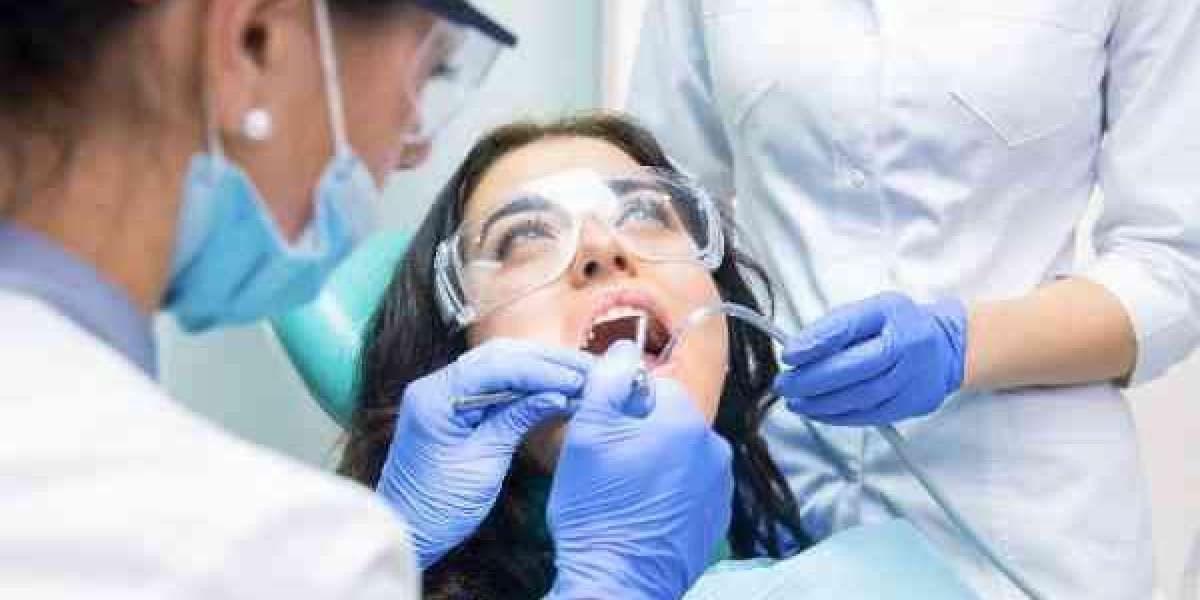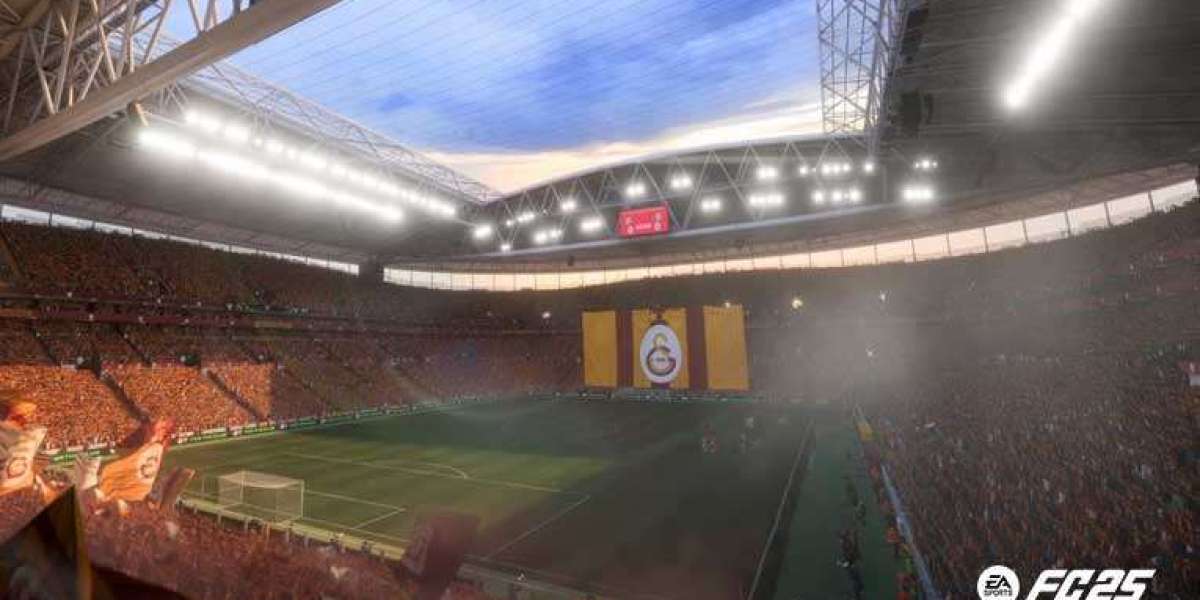Dental emergencies rarely arrive at a convenient time. They often strike without warning—on weekends, during holidays, or right before an important meeting. Whether you’re dealing with a throbbing tooth, a broken crown, or sudden swelling, knowing how to respond can make all the difference. Quick action can prevent complications, relieve pain, and even save a tooth. This guide offers practical advice to help you stay calm under pressure, understand when to seek urgent care, and find the right help fast. From immediate relief by an experienced emergency dentist in Crewe to long-term prevention with a skilled hygienist in Crewe, we’ll help you handle dental surprises with confidence and clarity—whenever they happen.
What Is Considered a Dental Emergency?
Not every dental issue requires immediate care, but certain problems do qualify as emergencies. If you’re experiencing severe tooth pain or sensitivity, a broken, chipped, or knocked-out tooth, bleeding that won’t stop, or swelling that could indicate an infection, it’s time to seek urgent attention. Other emergencies include abscesses, pus around the gums, or damaged dental work—like broken braces or loose crowns—that may cause injury. A good rule of thumb: if you're in significant pain, bleeding, or at risk of losing a tooth, it’s a dental emergency and should be treated without delay.

Common Dental Emergencies and What to Do
Here’s a quick guide to handling urgent dental problems before you reach a dentist:
Emergency | What to Do Immediately |
Knocked-out tooth | Hold the tooth by the crown, not the root. Rinse gently. Try to reinsert it or keep it in milk. |
Toothache | Rinse with warm salt water. Avoid aspirin directly on the gums. See a dentist promptly. |
Broken tooth | Save any pieces. Rinse your mouth and apply a cold compress. |
Abscess or swelling | Rinse with salt water. Seek dental care urgently—don’t wait. |
Lost crown or filling | Use dental cement (from the pharmacy) or sugar-free gum to cover the exposed area. |
Important: Call an emergency dentist in Crewe immediately. Time matters—especially with trauma or infection.
When to Call an Emergency Dentist in Crewe
In a dental crisis, your first instinct might be to head to A&E—but for most oral health issues, it’s quicker and more effective to contact an emergency dentist in Crewe directly. These professionals are specifically trained to handle urgent dental problems and often provide same-day appointments. You should call an emergency dentist if you’ve lost or broken a tooth, are experiencing rapid swelling in your gums or cheeks, have severe pain that isn’t relieved by over-the-counter medication, or if a filling, crown, or brace has become loose or dislodged. Acting quickly can help preserve your tooth and prevent complications.
How a Hygienist in Crewe Helps You Avoid Emergencies
Avoiding dental emergencies isn’t just about reacting quickly—it’s about prevention. Regular visits to a hygienist in Crewe are one of the most effective ways to steer clear of urgent dental issues altogether. Hygienists play a key role in early detection, spotting signs of decay, gum disease, or infection before they become serious. Through deep cleaning, they remove tartar and bacteria that can lead to painful abscesses or tooth loss. Routine gum care helps prevent conditions like gingivitis and periodontitis, and personalised advice ensures your at-home hygiene is on point. Studies show that regular hygiene appointments can reduce the likelihood of emergency dental visits by over 40%. A little prevention truly goes a long way.
How to Prepare for a Dental Emergency
Just like having a home first-aid kit, preparing for a dental emergency is a smart move. Keeping a small dental emergency kit on hand can help you stay calm and act quickly if something unexpected happens. Essentials include sterile gauze and gloves, dental wax for covering sharp edges (especially helpful for brace wearers), and a small lidded container to safely store a knocked-out tooth or loose crown. Pain relief tablets like paracetamol, salt packets for rinsing, and the contact details of your local emergency dentist in Crewe should also be included. A little preparation now can make a big difference when every moment counts.
FAQs: What Patients in Crewe Often Ask
Q: Can I use an ice pack for swelling?
A: Yes, apply a cold compress to the outside of the cheek in 15-minute intervals. Never apply ice directly to the gums or teeth.
Q: My child knocked out a baby tooth—what should I do?
A: Don’t try to reinsert it. Call your emergency dentist in Crewe. They’ll assess if the adult tooth is at risk.
Q: How can I tell if it's an abscess?
A: Look for a painful, pimple-like swelling near the gum. You may also have a bad taste in your mouth and feel unwell.
Preventive Tips: Stay Ahead of Emergencies
They say prevention is better than a cure—and when it comes to oral health, that’s doubly true. Here are some expert-backed ways to reduce your risk of needing urgent dental care:
- Brush twice daily with fluoride toothpaste
- Floss once a day to remove hidden debris
- Use a mouthguard if you play contact sports
- Avoid chewing ice or hard sweets
- Attend check-ups and visits with your hygienist in Crewe
- Limit sugary snacks and drinks
A consistent routine makes dental emergencies less likely and gives you peace of mind.
In Summary: Stay Calm, Stay Informed
Dental emergencies can be frightening, but they don’t have to derail your life. The key is knowing when to act, staying calm, and understanding where to seek help. Whether it’s a cracked tooth, intense pain, or unexpected swelling, recognising the urgency of the situation and taking swift, informed action can make all the difference.
Trust your instincts, and don’t hesitate to contact a trusted emergency dentist in Crewe when something feels wrong. Getting seen quickly can prevent complications, save your tooth, and reduce discomfort. And remember, the best way to avoid those panicked phone calls is through consistent, preventive care. Booking regular cleanings and check-ups with a hygienist in Crewe ensures your mouth stays healthy, your gums stay strong, and small issues are caught before they become emergencies.
What to Expect During Your Emergency Dental Visit
Knowing what happens during an emergency appointment can ease anxiety and help you feel more in control. When you visit an emergency dentist in Crewe, the goal is to assess the issue quickly, relieve your pain, and prevent further complications.

Here’s what typically happens:
- Initial assessment: The dentist will examine the affected area and ask about your symptoms.
- X-rays (if needed): To identify underlying issues such as infections, fractures, or abscesses.
- Immediate treatment: This might include draining an abscess, prescribing antibiotics, performing a temporary filling, or repositioning a dislodged tooth.
- Follow-up care: You’ll receive advice on next steps, which may include a future hygiene visit or restorative treatment.
Being prepared for what’s ahead helps you walk in with confidence and walk out with relief.
Conclusion: Your Smile Deserves the Right Support
Whether you're facing sudden tooth pain, a knocked-out tooth, or trying to avoid future dental troubles, knowing where to turn makes all the difference. At EDA Group, we believe every patient deserves prompt, compassionate care and clear guidance—especially during a dental emergency. From immediate relief provided by an emergency dentist in Crewe to long-term preventive care with a trusted hygienist in Crewe, we’re here to support your oral health every step of the way. Your smile is important—let us help you protect it with confidence.







